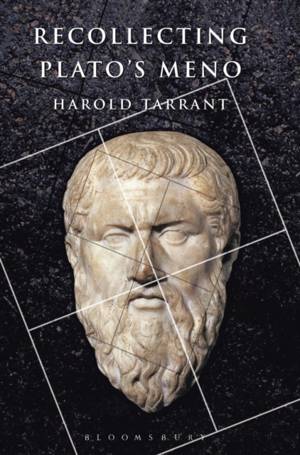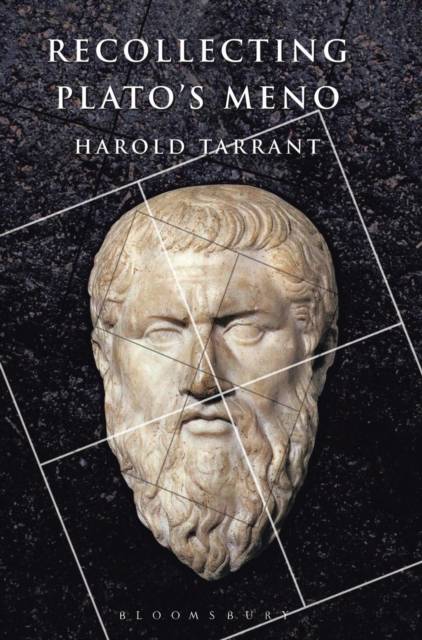
- Afhalen na 1 uur in een winkel met voorraad
- Gratis thuislevering in België vanaf € 30
- Ruim aanbod met 7 miljoen producten
- Afhalen na 1 uur in een winkel met voorraad
- Gratis thuislevering in België vanaf € 30
- Ruim aanbod met 7 miljoen producten
Omschrijving
Plato's Meno is a dynamic and entertaining examination of the nature and origin of the kind of excellence displayed by successful Greek leaders. That such excellence existed was difficult to deny, but people expected to show it often disappointed, and others expected to know about it seemed confused. Though it depended on something like knowledge, it seemed impossible to pass on to others. Hence questions of social and political ethics also involve psychology and theory of knowledge. There is also an important focus on the nature of the learning process, which is itself illustrated by the way characters in the dialogue respond (or do not respond) to the questions and encouragement of Plato's protagonist Socrates. This book examines both the dialogue itself and the response to it of Plato's successors, from Aristotle and spurious Platonic dialogues, through Cicero and an anonymous commentator on the Theaetetus, to the Neoplatonists. It looks at which aspects of the dialogue they take most seriously and why. In the light of that response, which often suggests a detailed reading of the text in its entirety, Harold Tarrant develops a fresh and more integrated view of the original dialogue.
Specificaties
Betrokkenen
- Auteur(s):
- Uitgeverij:
Inhoud
- Aantal bladzijden:
- 240
- Taal:
- Engels
Eigenschappen
- Productcode (EAN):
- 9780715632918
- Verschijningsdatum:
- 2/06/2005
- Uitvoering:
- Hardcover
- Formaat:
- Ongenaaid / garenloos gebonden
- Afmetingen:
- 152 mm x 234 mm
- Gewicht:
- 498 g

Alleen bij Standaard Boekhandel
Beoordelingen
We publiceren alleen reviews die voldoen aan de voorwaarden voor reviews. Bekijk onze voorwaarden voor reviews.











